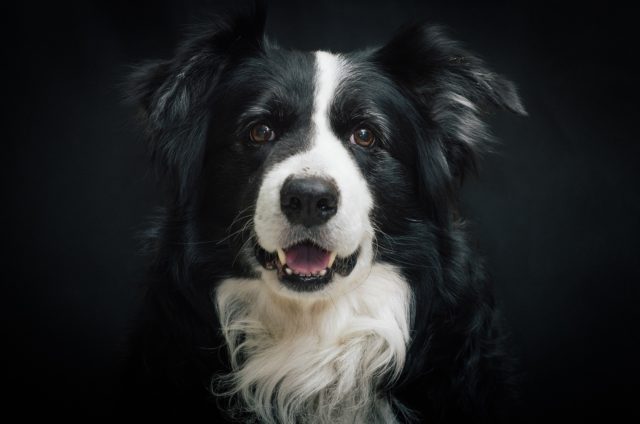
Neutering a dog can lower the risk of developing a potentially fatal disease. It can prevent the risks of developing testicular cancer and the gradual enlargement of the prostate later in life. If he has behavioral issues or problems, it will mostly disappear after he’s been neutered.
A dog needs to be neutered if he is showing behavioral problems like
- Aggression – neutering can lower the levels of testosterone that influence aggression.
- Roaming – is a behavior of intact males looking for mates
- Urine-marking – is a behavior of primarily intact dogs for communicating virility to potential mates.
Please note that neutering is not an instant cure for bad behavior. To correct behavior problem, a combination of neutering and training is still recommended.
Is there a need to neuter?
Aside from its help benefits, neutering prevents obnoxious romantic behavior such as roaming, fighting, urine marking, and even mounting you and your visitor’s legs. In turn it will help prevent aggressive behavior, fight wounds, and uterine infections. If you are concerned about castrating your dog, talk to you with your veterinarian about your options.
The best age for surgery
The best time is before their sexual maturity. Adult dogs can be neutered at any age but the recommended spay/neuter age is as young as 4 months to 9 months old since dogs can become pregnant prior to 6 months old. At 8 weeks old, most shelters neuter puppies before they are placed for adoption.
How much does the surgery cost?
The cost of neutering a dog depends on the age and size of the dog. Some pet hospitals charge $300 and up while a low-cost clinic may charge $45 and up.
The Surgery
You don’t have to worry, they are going to be placed completely in anesthesia (either injected or inhaled) so they won’t feel any discomfort. During the surgery they may even use heart and breathing monitors or EKG machines. To close the incision, Doctors may use absorbable stitches, surgical staples, or even skin glue, all depends on the vet and size and age of the pet.
For male puppies, the surgical incision is usually made in the scrotal sac. For older dogs, the surgical incision usually starts at the base of the penis in front of the scrotum. A tummy incision may be necessary if one or both testicles have not yet dropped into the scrotum.
Home care after surgery
It depends on how your dog recuperates but some are ready to go home the same day when the surgery was done. In fact, others are immediately up and running after a couple of hours after the surgery. However there are also some pets need to spend overnight. No matter how fast your pet can recover, you still have to limit his activity for a couple of days until he is fully healed. You also have to keep him inside and away from other animals while he is healing. Get him an Elizabethan collar to avoid him from licking his incision site. You need to bring him back to the vet if there is any swelling, redness, or pulled stitches, on the surgery area or about any symptoms of infection.








